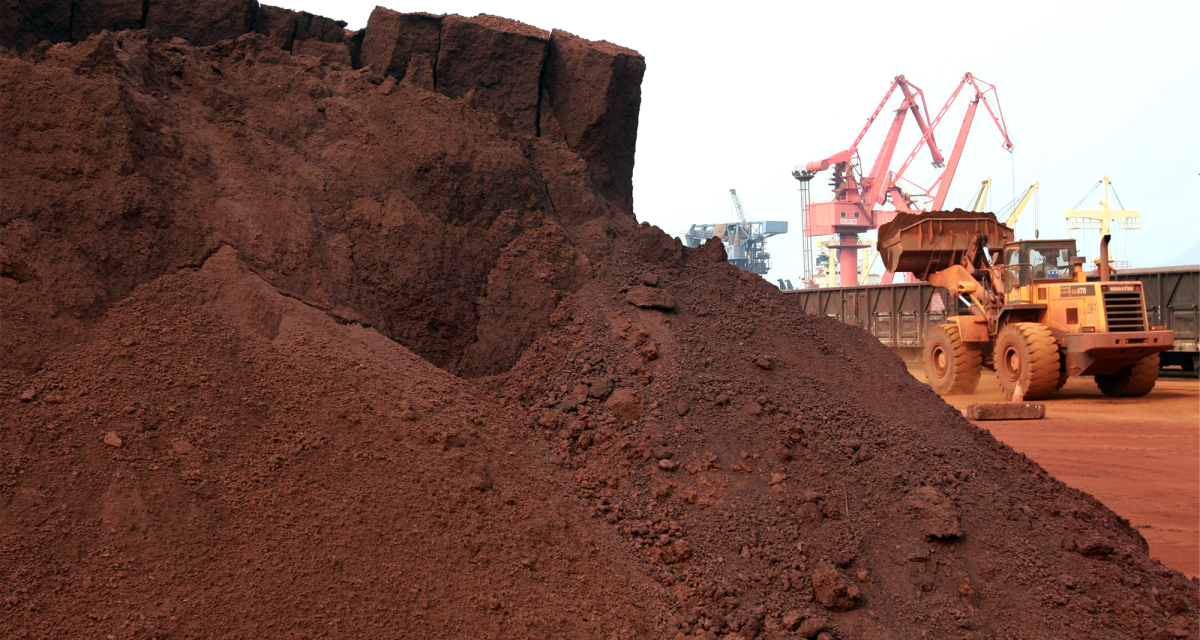Islamabad: A humorous video mocking the Indian cricket team over its refusal to shake hands with Pakistan during the Asia Cup has gone viral, created by Australian cricketers.
According to Kashmir Media Service, during the Asia Cup…

Islamabad: A humorous video mocking the Indian cricket team over its refusal to shake hands with Pakistan during the Asia Cup has gone viral, created by Australian cricketers.
According to Kashmir Media Service, during the Asia Cup…

Follow ZDNET: Add us as a preferred source on Google.

It’s getting harder to know what’s real on the Internet, and Google is not helping one bit with the announcement of Veo 3.1. The company’s new video model supposedly offers better audio and…
This request seems a bit unusual, so we need to confirm that you’re human. Please press and hold the button until it turns completely green. Thank you for your cooperation!
This request seems a bit unusual, so we need to confirm that you’re human. Please press and hold the button until it turns completely green. Thank you for your cooperation!

Although that option is viable, it is much more likely Crocker will either face Benn or enjoy another big night in Belfast for a first voluntary defence.
However, much will depend on the outcome of November’s middleweight rematch between Benn and…

 PA Media
PA MediaTennis stars including British number one Jack Draper have urged Glasgow City council not to turn indoor courts for the sport into padel courts.
Glasgow Life,…

On October 9, Beijing unveiled sweeping new export controls on rare earths and related technologies, marking a major escalation in its use of critical minerals as a geopolitical tool. The move tightens China’s grip on the supply chains that underpin global defence and advanced manufacturing.
In response, the U.S. and its allies — including Canada — are accelerating efforts to diversify supply, while acknowledging that rebuilding capacity elsewhere will be slow, costly, and uncertain. As both sides harden their positions, the U.S.–China tech and trade confrontation is poised to persist.
The new regulations mark a sharp escalation in Beijing’s willingness to weaponize its dominance in rare earths. Mirroring Washington’s semiconductor export bans, which restrict foreign chipmakers from selling products to China if they are made with U.S. technology, Beijing has, for the first time, extended its export restrictions to producers outside China. Compared with the April measures that focused mainly on upstream raw materials, the new rules broadened to cover midstream and downstream manufacturing materials and technologies.
For foreign companies reliant on Chinese machinery, components, or technical know-how, the fallout could be severe. Even firms that already possess Chinese-made equipment risk losing access to maintenance services or spare parts, jeopardizing production continuity. Over the past two decades, China has entrenched its dominance in the sector, supplying nearly all the precision machinery and technical expertise required for rare earth processing worldwide. This new legal tool allows Beijing to constrain Western efforts to build self-sufficient and resilient rare earth supply chains.
China’s latest move poses major challenges for the West’s advanced manufacturing sector — particularly in defence and semiconductors. Rare earths are critical to defence technologies such as fighter jets, missiles, and radar systems. The U.S. still relies on China for about 70 per cent of its rare earth supply. With Beijing’s outright ban on rare earth exports for military use, analysts warn that the U.S. defence industry could take a major hit, hindering Washington’s ability to keep pace with China’s rapidly expanding defence production, which is reportedly scaling up five to six times faster than the U.S.’s own production.
The case-by-case review process also hands Beijing a regulatory lever over global supply chains. Technology manufacturers seeking to use Chinese materials and technology must now disclose who will use them and for what purpose, giving Beijing greater power to withhold or condition approvals. This mechanism adds a layer of strategic intelligence and supply-chain control for chipmakers globally, especially those in Japan, South Korea, and Taiwan. If enforced aggressively, the new rule could delay production of some advanced chips by three to six months, according to industry estimates.
1. The U.S.–China tit-for-tat trudges along
Since U.S.–China trade talks in Madrid in September, both sides have rolled out successive rounds of sanctions and export control measures: Washington expanded export control lists to more Chinese companies and imposed port fees on China-linked vessels, while Beijing blacklisted several U.S. drone firms. Just days before China’s new rare-earth measures, a U.S. congressional committee urged tighter export curbs on chipmaking equipment to limit Chinese access. Analysts expect further “twists and turns” ahead. Even if Chinese President Xi Jinping and Trump meet at the October APEC Summit in South Korea, few anticipate major concessions, though Beijing’s new controls may offer Xi added leverage.
2. The West, including Canada, continues to accelerate rare-earth reshoring
Spurred by China’s weaponization of rare earths, Western governments in recent years have been ramping up efforts to rebuild domestic supply chains. Through its 2022 Critical Minerals Strategy, Ottawa committed C$3.8 billion to accelerate domestic production and processing, with the Saskatchewan Research Council developing refining capacity could supply the U.S. defense sector. The U.S. One Big Beautiful Bill Act provided US$7 billion to boost critical mineral production through 2029, while Japan recently pledged a US$120 million investment toward a French rare-earth refining project to secure alternative sources. Australia is also developing a US$780 million critical minerals reserve that will prioritize future production sales to allies. Meanwhile, the Trump administration has purchased a stake in two Canadian critical mineral companies to secure domestic supply, including one worth up to US$35.6 million.
China’s tightening controls are likely to further strengthen these diversification drives, though reshoring remains capital-intensive and technologically challenging.
• Edited by Vina Nadjibulla, Vice-President Research & Strategy, and Ted Fraser, Senior Editor, APF Canada

“You must unlearn what you have learned,” Jedi master Yoda instructed his stubborn apprentice, Luke Skywalker. And now Star Wars fans may have to do the same after confirmation that the beloved fictional alien was very nearly blue, or even…